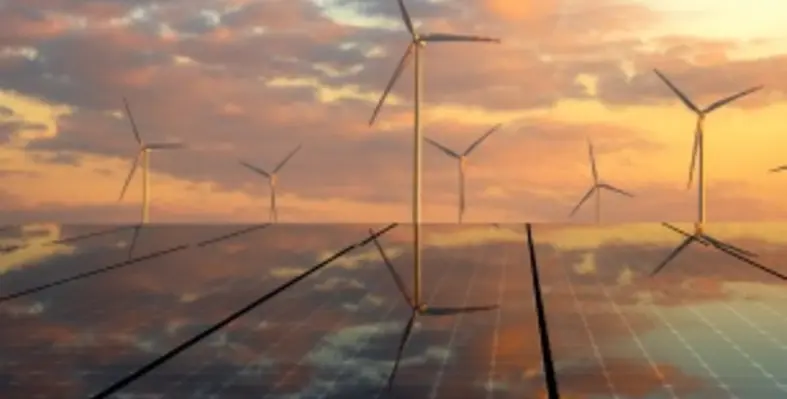The selection of Egypt and the UAE to host the COP27 and COP 28 conferences in the next two years is expected to kickstart clean energy initiatives and drive international investment into the Middle East and Africa regions
?The Middle East remains a very important provider of fossil fuel energy to the world and will also engage [globally] on any energy transition efforts which support sustainability and a better future for the next generations,? said Ahmad Nada, president of the Middle East Solar Industry Association (MESIA). ?Middle East countries are very rich in renewable resources, [including] solar and wind. Hence, more worldwide clean energy demand and deployment will enable further demand of projects in the Middle East.?
Nada noted that the region has played a key role in driving down the cost of utility-scale renewable energy production, with the UAE, Saudi Arabia and Egypt having all set global records for the lowest production of wind and solar energy.
As the technology continues to evolve in the clean energy space and a growing focus on green hydrogen as the potential next generation fuel of the world, hosting the COP27 and COP28 events is a massive opportunity for the region to benefit from increased investment from across the globe.
?If we can just imagine more solar projects in North Africa for example, a huge transformation to the African energy landscape can be achieved and bring African economies to a new level of internal growth and more competitive energy to Europe. Environmentally, on the long term, any reductions in CO2 emissions impact regional countries in exactly the same way it impacts advanced industrial economies,? concluded Nada.







